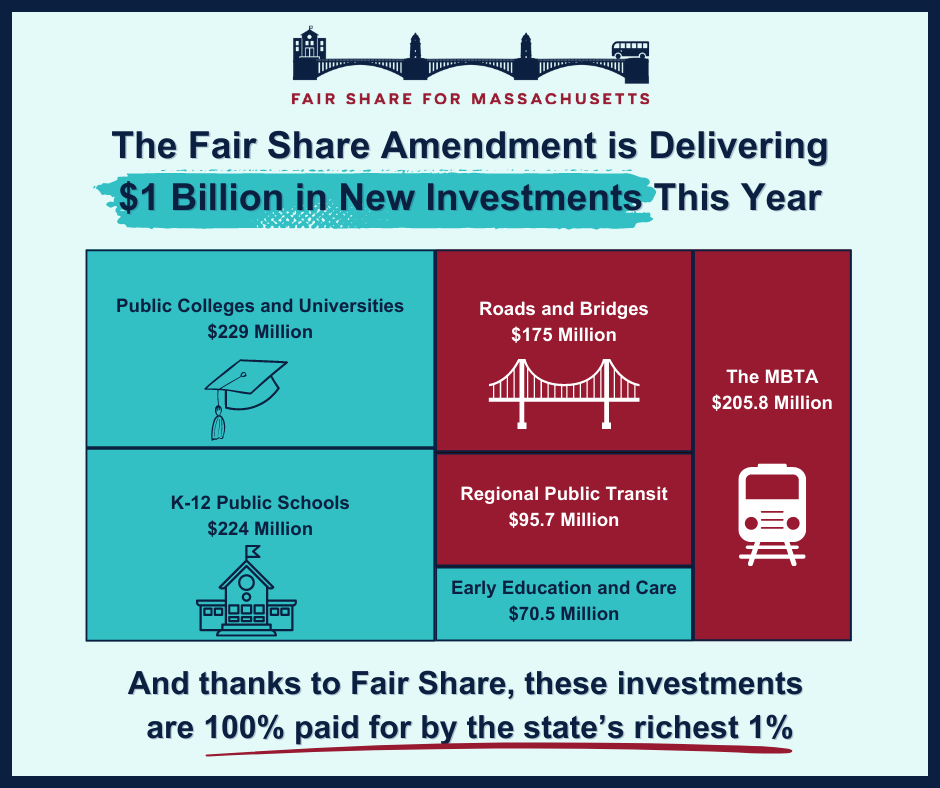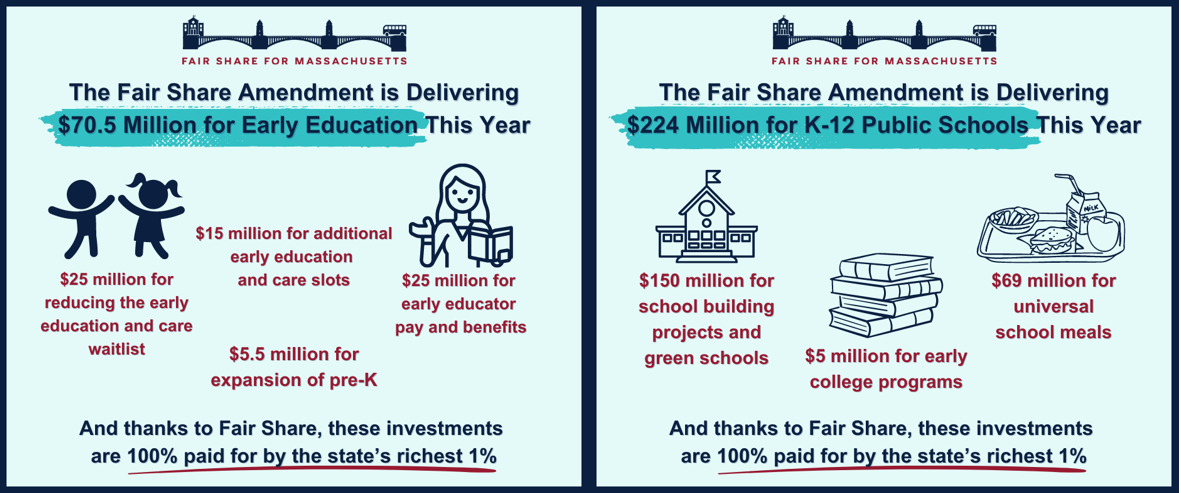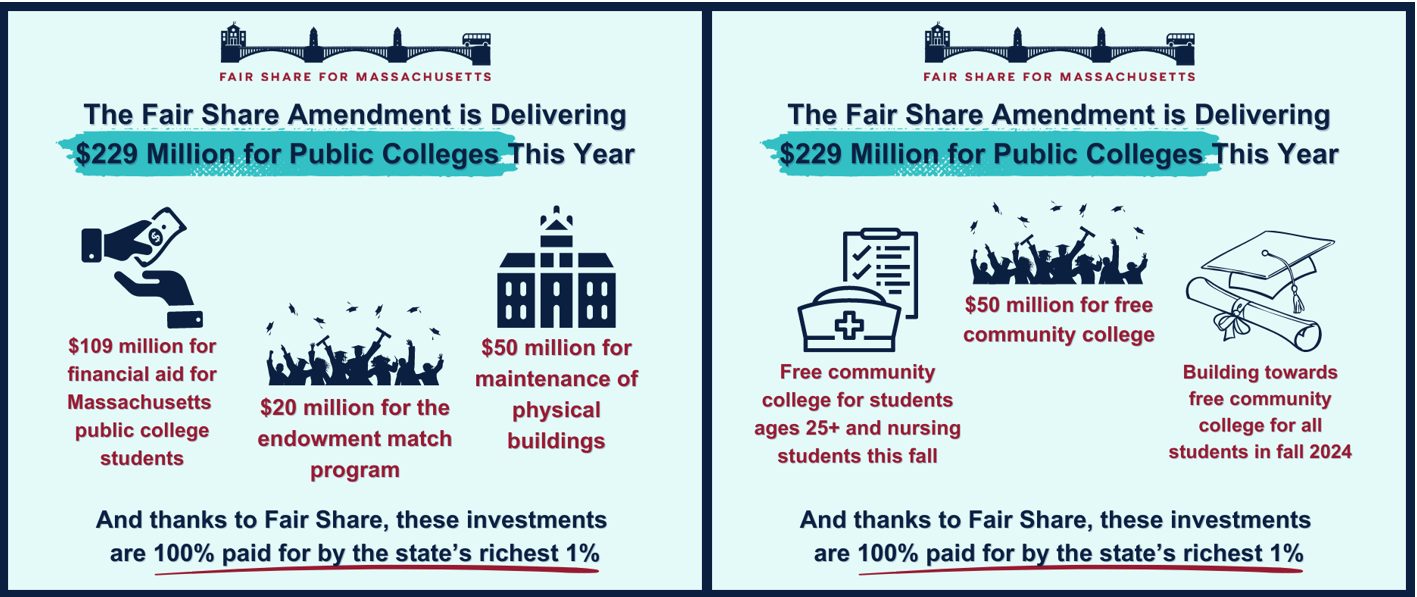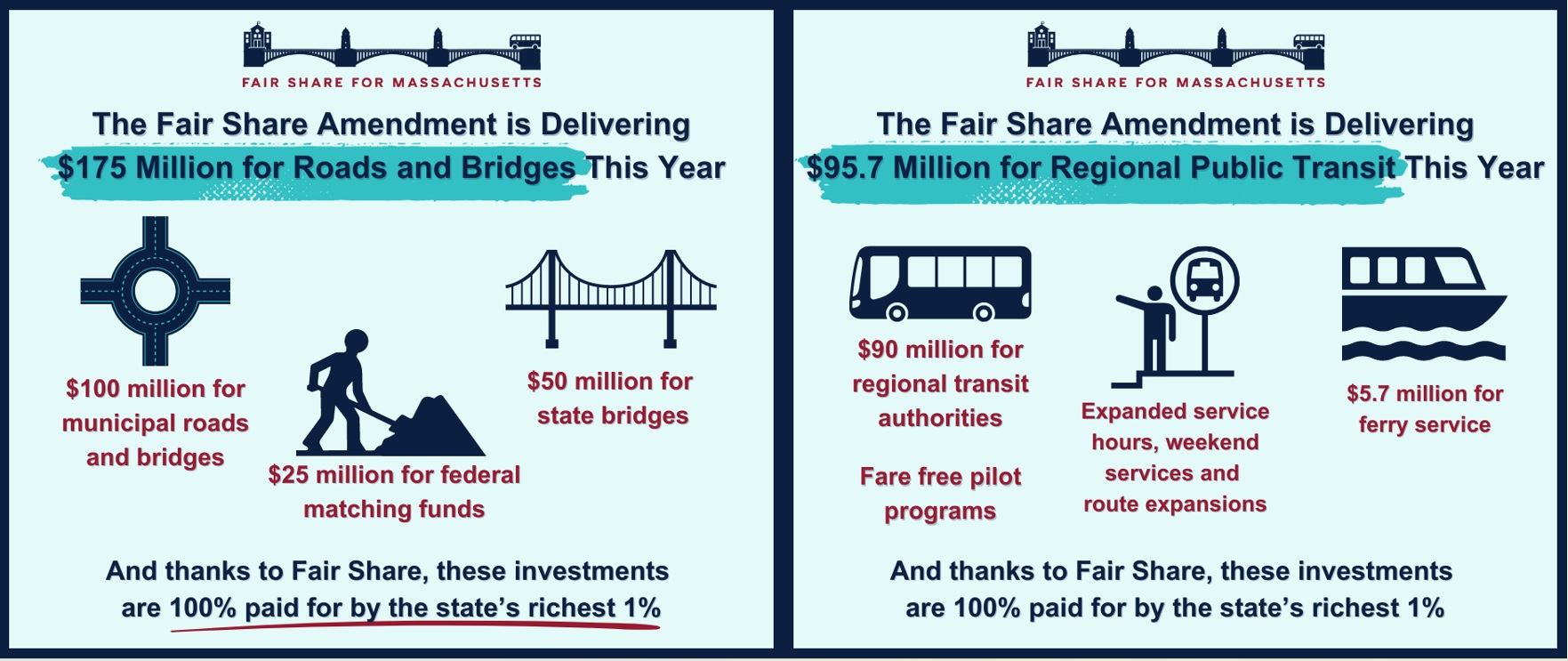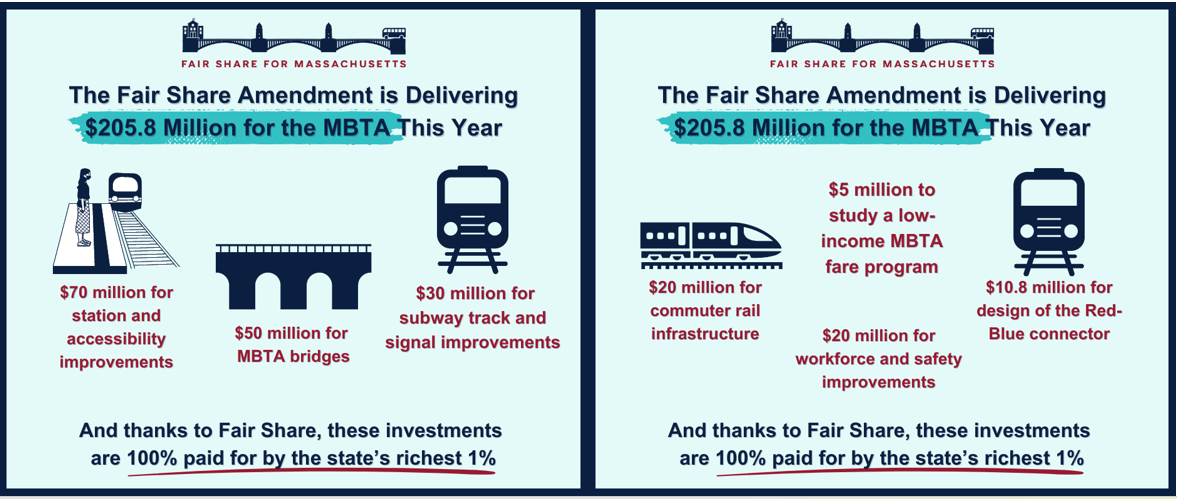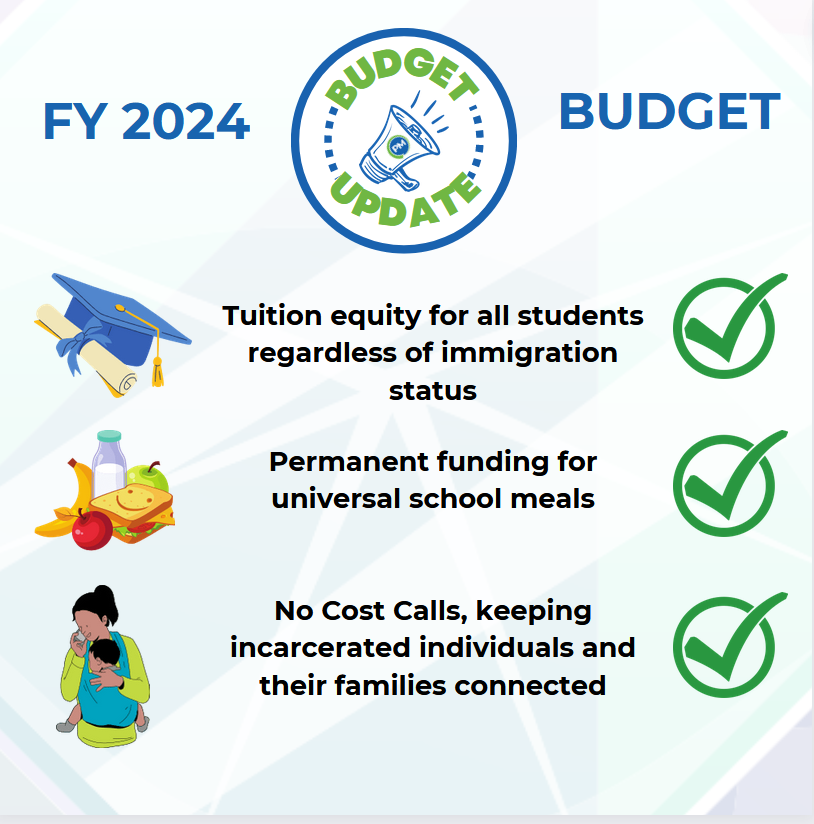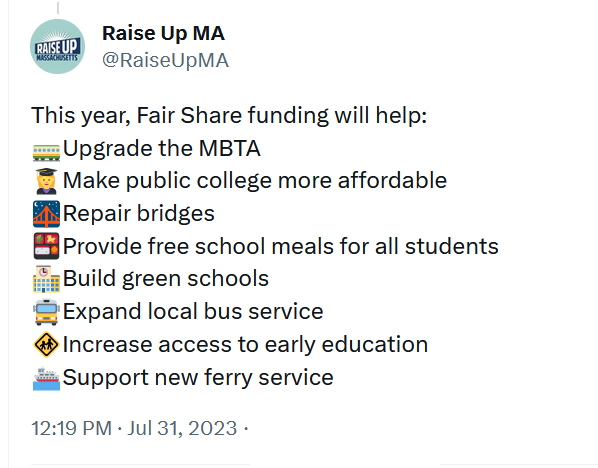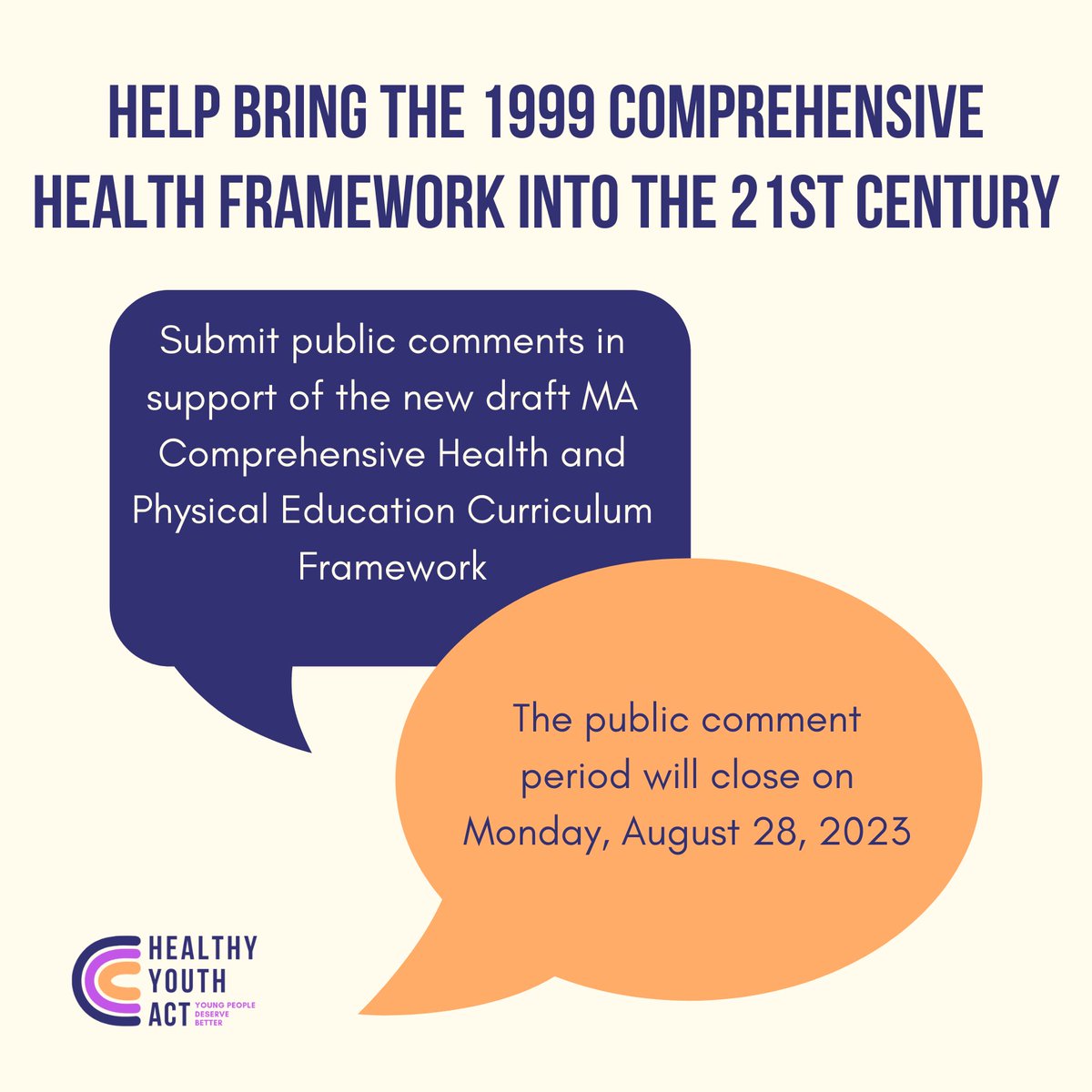This afternoon, Committees in the MA Legislature will be holding hearings on bills to bring the minimum wage closer to a living wage and to create better outcomes for youth in our criminal legal system.
Here’s what both are about — and, importantly, how you can help.
Time to Raise the Minimum Wage
From 2013 to 2018, Raise Up Massachusetts, a coalition of faith, labor, and community groups, worked to bring the statewide minimum wage closer to a living wage, and given the stagnation of the federal minimum wage, our $15 is something to be proud of. But it’s still not a living wage.
And given the rising costs of health care, housing, child care, and basic goods, it doesn’t stretch as far as it did in June of 2018.
That’s why Raise Up organizing to raise the minimum wage again.
New legislation, filed earlier this year by Sen. Jason Lewis and Reps. Tram Nguyen and Dan Donahue (H.1925/S.1200) would raise the minimum wage to $20 and index it to inflation so that it doesn’t lose value over time. And it would include municipal employees, who were left out of the last minimum wage increase.
Can you urge the Joint Committee on Labor & Workforce Development to advance these bills?
Time to Raise the Age
In 2018, Massachusetts passed a comprehensive criminal legal reform bill, but we have much more to do if we want to make our criminal justice system more just.
One of those things: keeping 18 to 20-year-olds in the juvenile system.
H.1710 and S.942: An Act to promote public safety and better outcomes for young adults would do just that.
When young adults are kept in the juvenile system, they are able to have better access to school and rehabilitative programming. Research has shown that similar adolescents have a 34 percent lower recidivism rate when in the juvenile system than in the adult system.
We know that such reforms work: a decade ago, Massachusetts raised the age of juvenile court to keep 17-year-olds out of the adult system, which has led to better outcomes for youth and for public safety.
Our criminal legal system disproportionately harms communities of color in Massachusetts. Only 25% of Massachusetts’ young adult population is Black or Latino, but 70% of young adults incarcerated in state prisons and 57% of young adults in county jails are people of color. Our criminal legal system is limiting young people’s access to opportunities, exacerbating economic inequities.
Can you urge the Joint Committee on the Judiciary to advance these bills?


